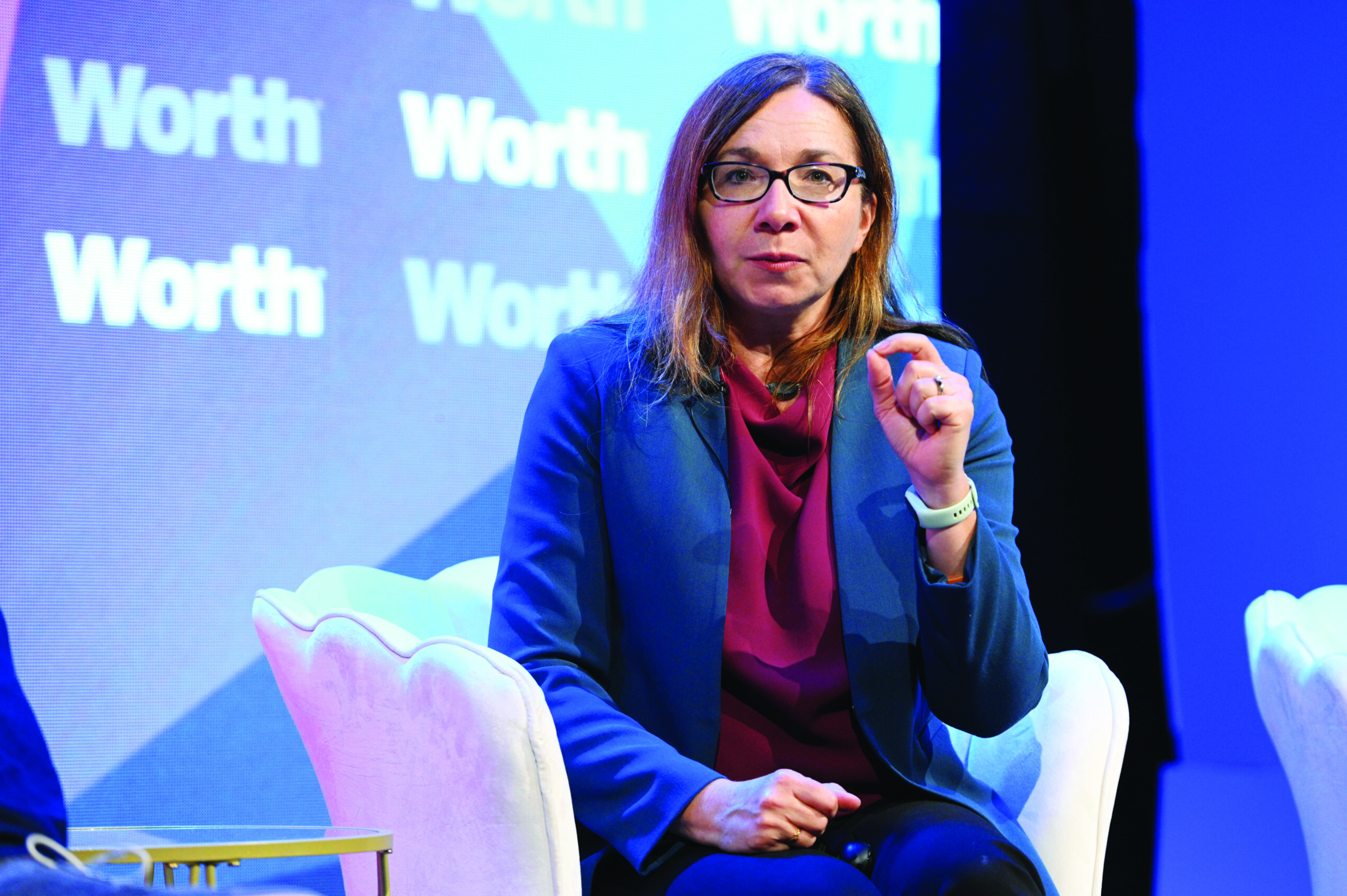The issues in today’s corporate philanthropy are multiple and complex, from driving business value while at the same time impacting society, to reacting to crises as well as keeping long-term strategies in place. Potential answers are contained in the new report, “Corporate Philanthropy: Emerging Strategies for Lasting Impact.”
Created by the Milken Institute, the report incorporates interviews, research, and discussion with members of the Corporate Philanthropy Leadership Collective, a community of leaders who share ideas and strategies.
What are the most promising new approaches? Graham Macmillan, president of Visa Foundation, explains how one new approach is the wielding of “soft power” within Visa. “When you develop and invest in a network,” he says, referring to the small businesses the Visa Foundation supports, “it opens up the perspective of leaders. So, we can say, wow, there are some amazing companies that Visa Foundation has invested in in West Africa or Southeast Asia. It’s an opportunity for Visa to understand new market and stakeholder needs.”

Macmillan sees leaning into impact investing as another strategy. For Visa Foundation, Macmillan says the dynamic has shifted. “The heart of it is that it shows trust. Having an impact investing approach enables us to have a deeper, longer-lasting relationship with partners. It becomes a multi-year relationship of trust—with results.”
Melissa Stevens, executive vice president of philanthropy at the Milken Institute, remembers the moment Macmillan approached her for help. “I don’t think we drew on a cocktail napkin, but there was a cocktail napkin there,” she says. “We were really pleased to apply our research capabilities in a way where we could understand the ecosystem.”
Corporate philanthropy has always been a unique sector. It comprises $21 billion in annual philanthropy, or 4% of total annual giving in the US. But it can have an outsize impact. Foundation-adjacent businesses’ capital can be utilized in ways that impact society as well. Stevens has put it this way: “Walmart would be the 26th largest economy in the world if they were a nation. Over two million employees, over 100,000 suppliers. Over 200 million people visit Walmart stores every week. That’s a lot of levers for change.”

Macmillan says, “Corporate foundations are a unique asset class where we are able to harness the power of the company. We have a powerful opportunity if we are able to capitalize on the impact. Corporate foundations are able to leverage the company’s capabilities—talent, brand, resources—and that’s how we differ from our philanthropic peers.”
When it comes to challenges that corporate philanthropy needs to focus on, chief among them is “demonstrating impact” to leaders. Philanthropic impact occurs at a different pace than the quarterly reports that most businesses rely on. But again, there are promising new strategies. Macmillan explains that, particularly in terms of reputational benefits, “We’re starting to measure, more quantitatively, impact using technology and other tools that maybe have been used in marketing and other forms. And I’m excited to see where it leads us.”
Corporate foundation strategy is not one-size fits all, and success is a moving target. This week, the latest Milken Institute Global Conference will take place; leaders will no doubt discuss changes in the sphere and have new ideas about them.
Macmillan sees a shift already. “I think because there is increasing harmony around the nature of the role that we have within our companies – we’ve got to get better; we’ve got to execute really well; we’ve got to continue to drive – but that flywheel is starting for us. I’m seeing it and it’s really encouraging.”








